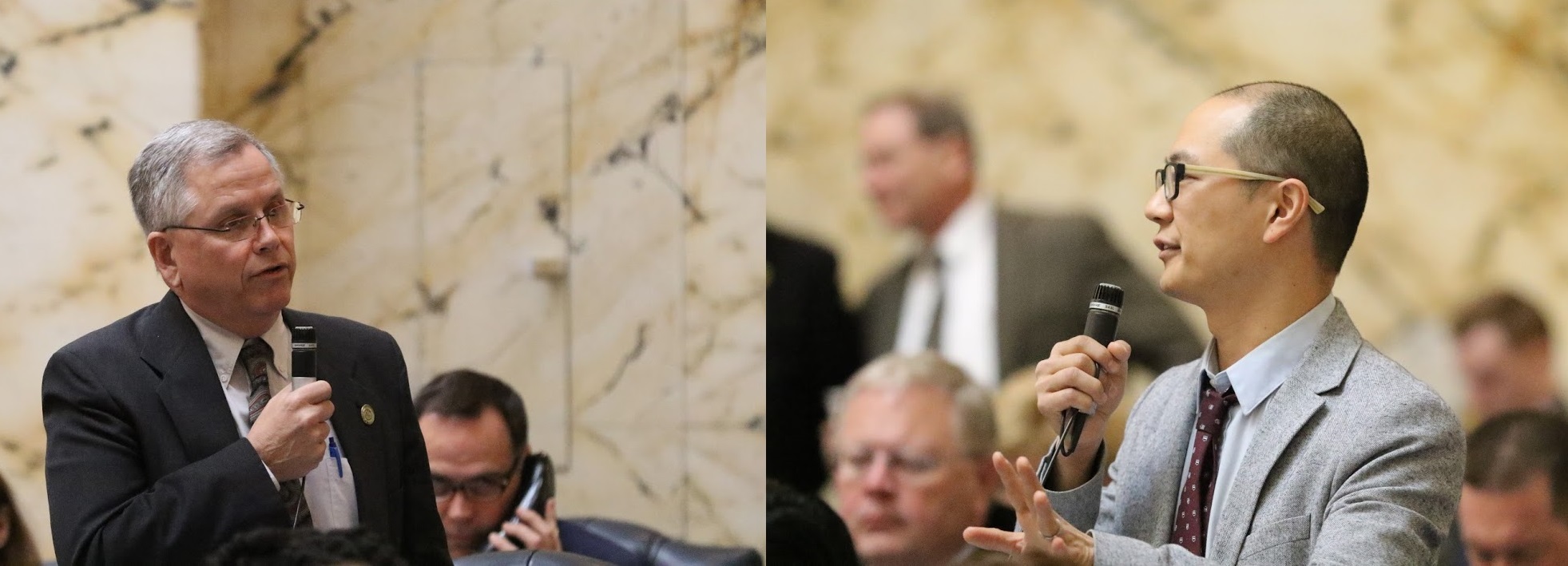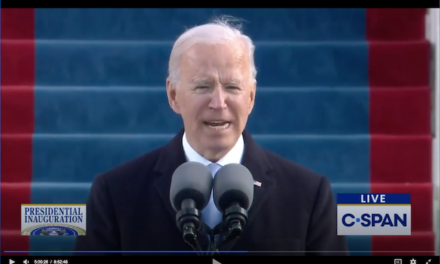By Glynis Kazanjian
For MarylandReporter.com
Maryland lawmakers want to place a bet on Maryland casinos.
If they change the law to ensure casinos aren’t taxed on losses, casinos say they will be able to bring in high stakes gamblers that would result in increased state revenues. They would also be able to make up for any lost revenue.
The problem, at least initially, is that revenues for casinos would increase by an estimated $800,000 in the first year and the state’s Education Trust Fund would decrease by an estimated $150,000. Local revenues would suffer too, dropping $50,000, state fiscal analysts say.
In effect, the state would be covering any losses casinos incur from their table games revenues.
“It allows the casinos to cover their losses out of the Education Trust Fund,” Del. David Moon, D-Montgomery, argued on the House floor Tuesday.
Under current law, Maryland’s six casino operators keep 80% of their table game revenues, 15% goes to the state’s Education Trust Fund and 5% goes to local jurisdictions. But when a casino loses money on any given day of the year, and it has been unable to recoup those loses over two consecutive days, it must still pay the 20% of the lost revenues.
Recouping losses with high rollers
The amended legislation, HB1171, proposed by House Ways and Means Chair Anne Kaiser, D-Montgomery and Del. Jay Walker, D-Prince George’s County, would change the number of days a casino has to recoup lost gambling revenues from two days to seven.
The bill was tentatively approved by the House Tuesday.
The Department of Legislative Services (DLS), the legislature’s research arm, estimates any period of time over two days reduces the loss risk for casinos by 98%.
“It is the intention if we extend the number of days then the casinos will be able to take greater risks and realize greater rewards for it,” Del. Eric Ebersole, D-Baltimore and Howard, told Moon in floor debate. “The two days didn’t provide enough incentive for the [casinos] to bring in the people who were the high rollers. They want us to help them assume that risk.”
From 2013 through January 2017, five Maryland casinos – Hollywood Casino Perryville, Casino at Ocean Downs, Live! Casino & Hotel at Arundel Mills, Rocky Gap Casino Resort and Horseshoe Casino Baltimore had daily losses of $11.4 million.
The state’s newest casino, MGM Washington Harbor which opened in December 2016, lost approximately $5 million in the first half of 2017, according to DLS. MGM’s losses were not included in the $11.4 million figure, but they were factored into overall estimated losses for 2019 for the six casinos, the DLS staffer said.
With the current law, Legislative Services estimates revenues of $1 million in 2019 will not be able to recouped by casinos after the two day period.
“It’s difficult to predict,” a Legislative Services analyst said. “Casinos feels that with the extended time they can take greater risks, attract bigger players and earn more money because they assume bigger risks.”
Maryland’s casinos brought in $136.5 million in revenue in February 2018 alone. Under Maryland law, casino revenue supports the Maryland Education Trust Fund, the state’s horse racing industry and the General Fund.
“In Maryland, we make our casinos report each day,” Ebersole said. “This is akin to a business having to pay out their taxes every day without having to being able to average out their profits and losses. Yes, they can certainly lose money, it’s just that the amount we pay to the Trust Fund would be adjusted.”
Lockbox coming to floor
On Wednesday, the Senate is scheduled to take up the so-called “lockbox” constitutional amendment, SB 1122, that would require that casino gambling revenues in the Education Trust Fund be an added supplement to state appropriations for education, and not simply replace other taxpayers dollars. It passed the Senate Budget & Taxation Committee unanimously on Tuesday.





I thought that losses weren’t taxable…
So, why are the Maryland taxpayers being forced to make the casinos “whole” ?
I also thought that tax revenue from the casinos was the salvation of our “educational systems”…
But, this is Maryland…
Correct me if I’m wrong… but I remember reading and hearing that the tax revenue from the then proposed casinos was going to be given to the schools in return for the amendment to the Maryland Constitution that made them legal…
Also, there should be a forensic investigation and examination of our so-called education system and the government agencies that oversee them…
Maybe not boosting spending should be very seriously considered… But then again, these are Maryland Democrats and are in the grip of the so-called “educational system”…
Lobbyists are likely behind these convoluted rules. There’s an inverse relationship between convoluted rules and casino profitability. Simplify the rules, watch state revenues go higher.
Convoluted beyond reasonable. With lobbyist fingerprints all over the place.
If casinos could save money on their administrative costs by major simplification of these rules, casinos’ profitability would be higher, state revenues would increase, and lobbyists would be put on the sidelines where they belong.